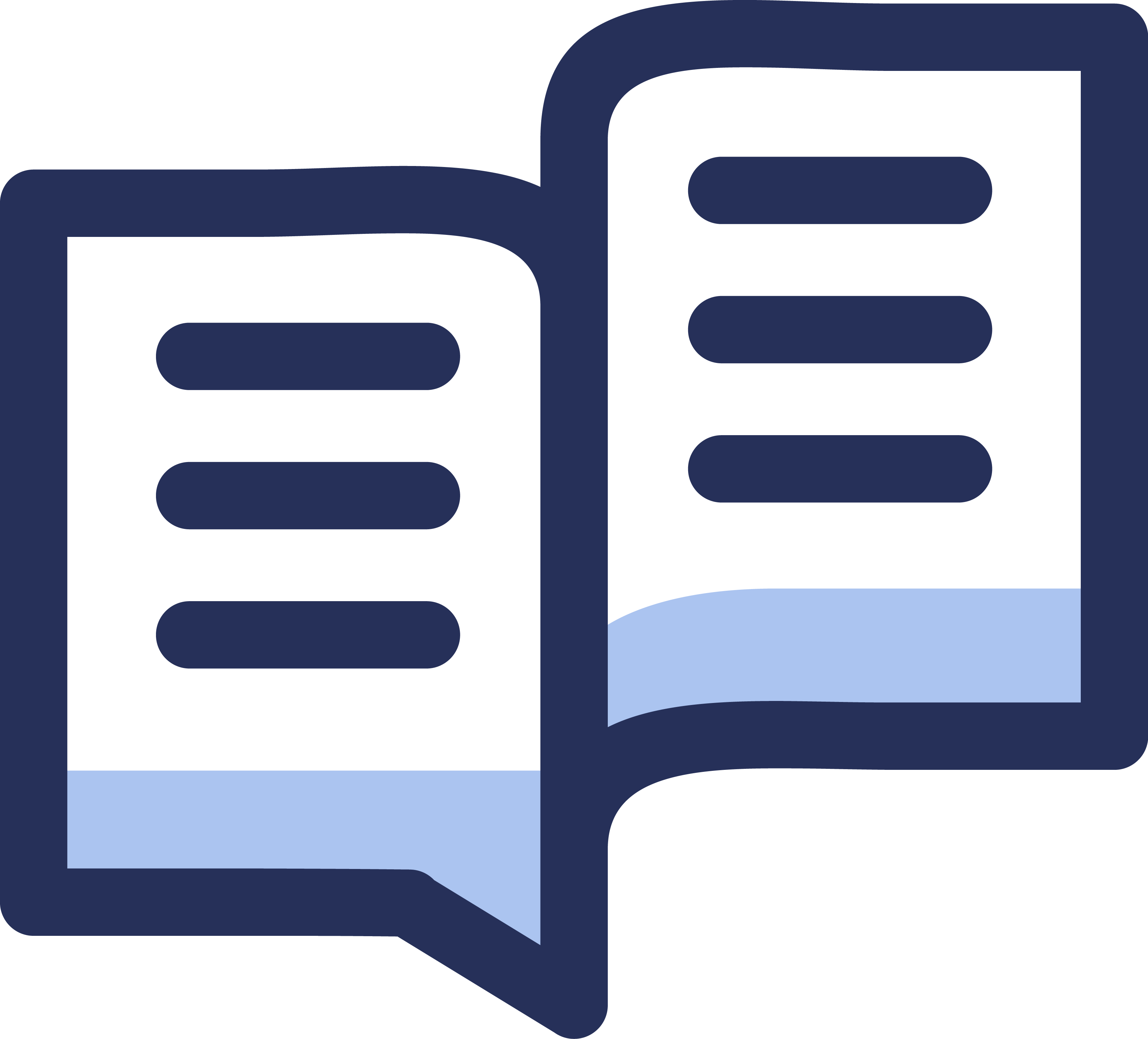
Key Takeaway: The polite way to ask for help in English is to use softening phrases like “Could you please help me?” or “Would you mind assisting me?” while adding “please” and showing appreciation to make your request respectful and considerate.
….
There comes a time in all of our lives when we need a helping hand—whether it’s in a personal situation, a professional setting, or even something as simple as asking for directions. However, asking for help isn’t always easy, especially if you want to do it in a way that comes across as respectful, polite, and considerate of the other person’s time and effort.
If you’re learning English at home, or even if you’re a fluent speaker looking to refine your communication skills, knowing polite ways to ask for help in English can make a significant difference in how people perceive and respond to your request. Being too direct may come off as rude, while being too vague might make your request unclear. Striking the right balance is essential, and that’s exactly what we’ll cover in this blog post.
Why Politeness Matters When Asking for Help
Before we jump into specific English phrases and techniques, let’s take a moment to reflect on why politeness is such an important aspect of communication—especially when you’re asking for help. In many cultures, especially in English-speaking countries, the way you ask for something is just as important as what you are asking for.
When you make a request, you are essentially asking someone to take time out of their day, to pause whatever they are doing, and to focus their energy on helping you. A polite request acknowledges this and shows that you respect the other person’s time and effort.
Politeness can also shape how others perceive you. If you come across as considerate and appreciative, people will be more willing to help you—not just in the moment, but in the future as well. On the other hand, if your request seems too abrupt or demanding, people may be reluctant to assist you, even if they are capable of doing so.
Being polite when asking for help isn’t just about getting what you need—it’s about building positive relationships, fostering goodwill, and ensuring that interactions remain pleasant and constructive.
Now that we understand why politeness is so important, let’s look at some of the most effective ways to phrase your requests in English.
Polite Phrases to Use When Asking for Help
The words you choose when asking for help can make a big difference in how your request is received. English has many ways to phrase a request politely, and choosing the right one depends on the context, the level of formality, and your relationship with the person you’re asking.
To help you navigate different situations, we’ll explore several ways to ask for help in a polite and respectful manner.
1. Using “Could” and “Would” to soften your request
When asking for help, using “Could” or “Would” can make your request sound more polite and less direct. These words help soften the request, making it feel like a friendly inquiry rather than a demand.
For example, imagine you need someone to explain something to you. If you say, “Explain this to me,” it sounds like an order. But if you say, “Could you explain this to me?” it transforms the request into something much more respectful and considerate.
Some polite ways to ask for help using “Could” or “Would” include:
- Could you help me with this?
- Would you mind giving me a hand with this?
- Could you please explain this to me?
These phrases work well in both casual and formal situations because they allow you to ask for assistance without sounding pushy.
2. The power of “Please” and “Would You Mind”
Adding “please” to your request instantly makes it more polite. This small word shows respect and appreciation, making the other person feel more valued.
Another excellent phrase to use is “Would you mind…” which makes your request sound even softer and more respectful. This phrase implies that you acknowledge the possibility that the person might be busy or unable to help.
For example:
- Would you mind helping me with this, please?
- Could you please show me how to do this?
- Would you mind explaining this one more time?
Using these phrases can make your requests feel more like a kind invitation rather than an imposition.
3. Indirect Ways to Ask for Help Without Sounding Demanding
Sometimes, the best way to ask for help is to not ask directly but instead express that you are struggling. This allows the other person to offer their help naturally, without feeling obligated.
For example, instead of saying, “Help me with this,” you might say:
- “I’m having a little trouble with this. Do you think you could help?”
- “I’m not quite sure how to do this. Would you be able to assist me?”
- “I could use some help with this. Would you happen to have a moment?”
These kinds of indirect requests are very effective, especially in situations where you don’t want to put pressure on the person you’re asking.
4. Formal ways to ask for help in professional settings
When asking for help in a workplace or professional environment, it’s especially important to phrase your request carefully to maintain professionalism.
For example, if you need assistance on a project, instead of saying, “Can you help me with this?”, you might say:
- “Would it be possible for you to help me with this report?”
- “I’d really appreciate your guidance on this project. Would you have some time to assist me?”
- “If you’re available, I’d love your input on this task.”
Using formal and professional language like this ensures that your request is received positively, without sounding too casual or informal.
5. Casual and friendly ways to ask for help
In more relaxed settings, such as when speaking with friends or family, you can use less formal language while still being polite.
Some friendly ways to ask for help include:
- “Hey, could you give me a hand with this?”
- “Would you mind helping me out real quick?”
- “I could really use some help with this—do you have a sec?”
These phrases sound warm and natural, and they work well when speaking with people you have a close relationship with.
What to Say If Someone Can’t Help You
Not everyone will be able to help when you ask. When someone declines, it’s important to respond gracefully to maintain a positive interaction.
Here are some polite ways to reply if someone says they can’t assist you:
- “No worries at all! I completely understand.”
- “Thanks anyway! I really appreciate you considering it.”
- “I appreciate your time. Maybe another time!”
This shows that you respect their time and aren’t upset by their inability to help.
Conclusion
Asking for help is a part of life, but how you phrase your request makes all the difference. By using polite and considerate language, you not only increase your chances of getting assistance but also strengthen your relationships with others.
Whether you’re at work, in a casual setting, or just speaking with a stranger, knowing polite ways to ask for help in English ensures that you come across as respectful, appreciative, and well-mannered.
So the next time you need assistance, try one of these phrases—you’ll likely find that people are more than happy to help when they feel respected and valued.
FAQs
What is the most polite way to ask for help in English?
One of the most polite ways is to say, “Would you mind helping me with this, please?” It is respectful, soft, and not too demanding.
How do I ask for help without feeling embarrassed?
Try framing it as a request for guidance instead of admitting struggle. For example, “I’d really appreciate your insight on this. Do you have a moment?”
How do I politely ask a stranger for help?
A polite way to ask a stranger is: “Excuse me, would you be able to help me with something?” This sounds respectful and non-intrusive.
What should I do if someone refuses to help me?
If someone can’t help, respond graciously with “No problem at all! I really appreciate your time.” This keeps the conversation positive and respectful.





Leave a Reply